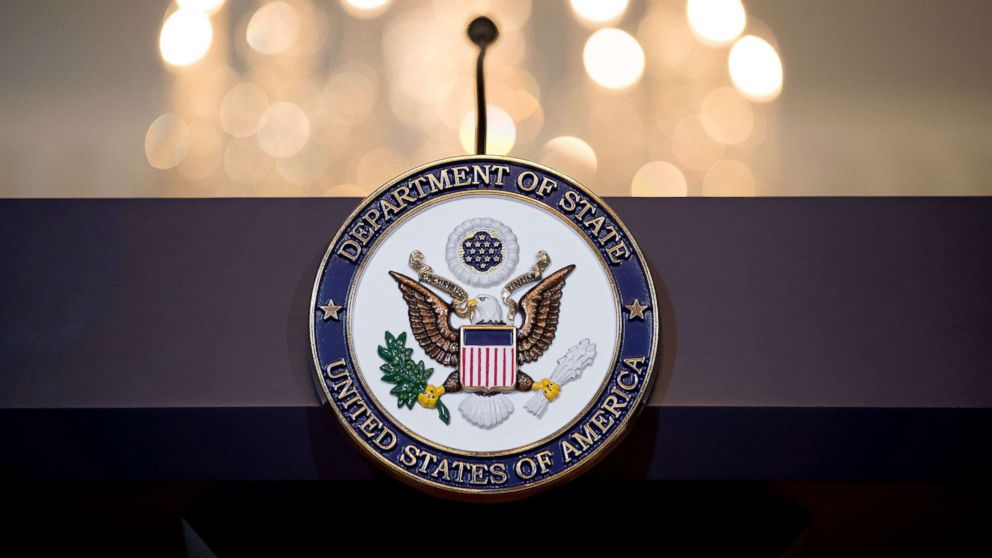US officials to dodge Iraqi import laws by sending painkillers in diplomatic mail
The disclosure came in a State Department Inspector General report.

The U.S. government has apparently resorted to packing powerful painkillers in diplomatic pouches usually reserved for sensitive documents in order to circumvent import laws in Iraq and ensure paramilitary medics are well-stocked in case of emergency, according to a new government report.
The disclosure came in a State Department Inspector General report published online Monday that said for more than a year contract medics on protective detail for U.S. officials in the Middle Eastern nation have gone without required medication like Ketamine, Diazepam, Midazolam, Morphine, and Oxycodone.
"Although [State Department medical departments] cleared these controlled medications in [defense contractor] Triple Canopy’s paramedic clinical protocols, the Government of Iraq subsequently denied the company the license to import the controlled medications," the report says. "These medications are needed to manage the pain of any severely injured personnel."
The report says U.S. officials initially tried to work with Triple Canopy, which provides “protective movement security services” for the U.S. Embassy in Baghdad, and the Iraqi government to settle the issue, but State Department officials ultimately came up with a more creative solution: sending the drugs in diplomatic mail.
Diplomatic mail is more associated with the ferrying of official communications and other sensitive documents, and are generally protected from scrutiny in foreign countries by the Vienna Convention.
Steve Ganyard, a former State Department official and current ABC News contributor, said he'd "never heard of anything like this," but said the use of the diplomatic mail "sounds like a good work around."
"Barring any issues, [State Department Bureau of Diplomatic Security] expects the first shipment of medicines to be sent to Baghdad in July 2018," says the report, which indicates it was written in June.
Officials at the State Department have not responded to questions about whether the drugs made the trip. An official at the Iraqi embassy in Washington, D.C. has not responded to an off-hours request for comment for this report.




